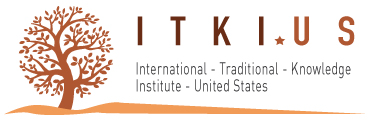What is Traditional Knowledge?
Traditional Knowledge (TK) is defined by the Traditional Knowledge World Bank (www.tkwb.org) as practical (instrumental) and normative knowledge concerning the ecological, socio-economic, and cultural environment. Some examples of the icons grapically representing TK:
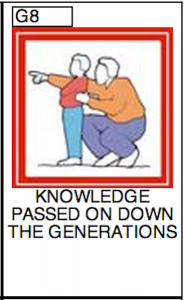
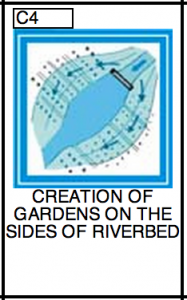
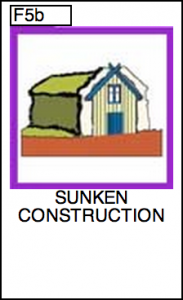
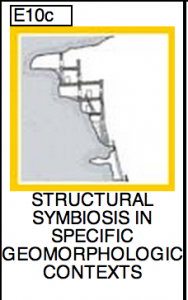
Further, TK is comprised of location-specific methodologies developed by long-established cultures– methodologies which have enabled the sustainability of their communities. This wealth of knowledge is valuable in part for its ubiquitous applicability. Having developed over the ages from cultures adapted to the disparate extremes of the globe, TK provides modern society with innovative solutions to adjust to extreme conditions, such as environmental shortages and emergencies, while limiting disruption to ecosystems and exhaustion of resources.
The preservation and use of TK is especially important in light of the changing global climate, where societies are coming face-to-face with unfamiliar environmental conditions, resource shortages, population swells, and degraded environments. TK systems provide a resource for sustainability solutions.
This is an example of TK that is being researched and compiled for the Traditional Knowledge World Bank.
